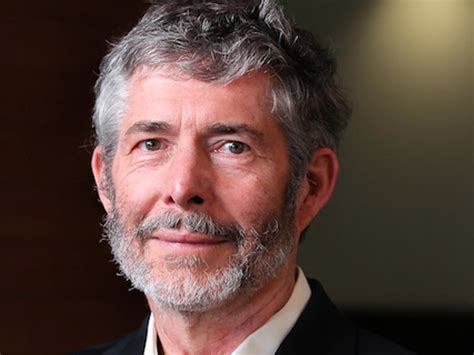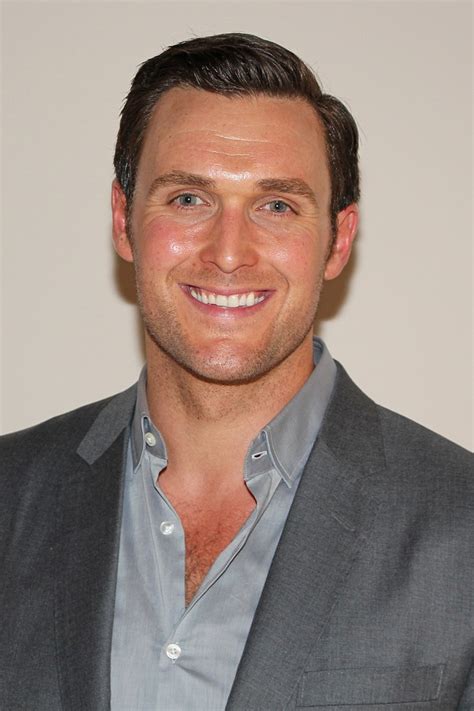A Quote by Gary Paulsen
I've been reading and researching various aspects of history - Dickens' London, Nelson's sea battles, Magellan's nautical explorations, the weapons and battles and key figures of the American Civil War - for most of my life. I pick up a book here or there or see a documentary or talk with an expert in the subject, and my curiosity about the one area of study and discovery always leads to another.
Quote Topics
Related Quotes
When you look at a wall spotted with stains...you may discover a resemblance to various landscapes, beautiful with mountains, rivers, rocks, trees. Or again, you may see battles and figures in action, or strange faces and costumes, and an endless variety of objects which you could reduce to complete and well-drawn figures.
There is something about military history that fascinates me. You find that many battles have been lost by people with very good military background when they fought battles in a battleground they didn't understand. I have seen that in business, too. You have to look at a marketplace like a battle-ground.
They tell us that we live in a great free republic; that our institutions are democratic; that we are a free and self-governing people. That is too much, even for a joke. ... Wars throughout history have been waged for conquest and plunder... And that is war in a nutshell. The master class has always declared the wars; the subject class has always fought the battles.
Every generation has its war. I have just been reminded of mine. It ended in 1989, 43 years after it began, the longest war Britain fought and certainly the most expensive. Its climax was total victory. Yet there was no parade, no medals, no colours hung in cathedrals. The Cold War saw no battles and cost almost no blood. Where there is no blood there is no glory and hence no history. Asked What did you do in the war, Daddy?, I could say only that I paid my taxes and left it at that.






































